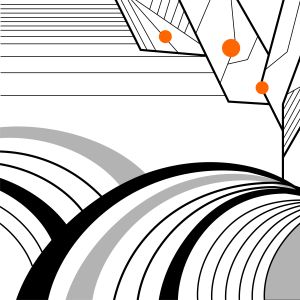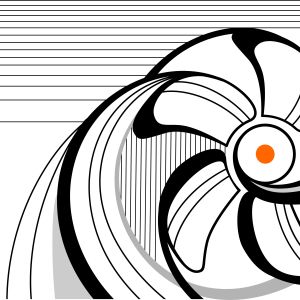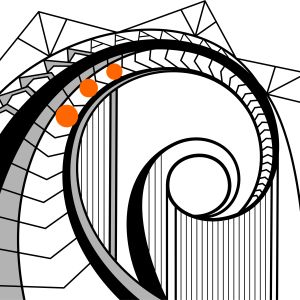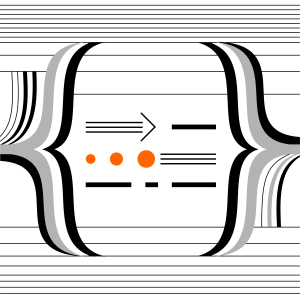Beyond the Bottle: 8 Key Producers Shaping the Global Wine Cork Industry
Introduction
The humble cork stopper is a critical component in the world of wine, safeguarding its quality and playing a key role in the aging process. While Portugal rightfully remains the heartland of cork production, the global market is a dynamic space shaped by tradition, technological innovation, and new regional players. This guide explores eight influential producers who are defining the industry today, from historic Portuguese houses to emerging forces in Asia.
1. Amorim Cork (Portugal)
- Description: The undisputed world leader, Amorim is a titan of the industry, accounting for a significant portion of all cork stoppers produced globally. It's a fourth-generation family company with an unparalleled scale of operations and a massive focus on R&D.
- Specialty: Amorim is a leader in technology aimed at eliminating cork taint (TCA). Their NDtech service offers an individual screening technology that guarantees non-detectable TCA in natural corks. They are also pioneers in sustainability and cork recycling initiatives.
- Product Range: Comprehensive. Includes high-grade natural corks, technical stoppers (Neutrocork®), micro-agglomerated corks (Qork®), sparkling wine stoppers, and capsulated bartop stoppers.
2. DIAM Bouchage (France)
- Description: A French company that has revolutionized the industry with a focus on technology. DIAM is not a harvester of cork but a producer of high-tech technical cork stoppers.
- Specialty: Their patented DIAMANT® process uses supercritical CO₂ to extract volatile compounds from cork flour, including the molecules responsible for "cork taint." This allows them to guarantee their corks are TCA-free.
- Product Range: Technical corks with varying levels of oxygen permeability, tailored for different wine aging profiles. Main lines include Diam (for still wine) and Mytik (for sparkling wine).
3. M. A. Silva (Portugal/USA)
- Description: A family-owned company with a strong reputation for quality and a significant presence in the North American market. They control their entire production process, from the forest to the finished cork.
- Specialty: M. A. Silva is known for its high-quality natural corks and a stringent quality control process that includes gas chromatography screening. They also pioneered the use of individual molds for sparkling wine stoppers to ensure consistency.
- Product Range: Primarily focused on high-grade natural cork stoppers, technical corks (Pearl), and individually molded sparkling wine corks.
4. Lafitte Cork Group (France/Portugal)
- Description: Founded in France in 1918, the Lafitte Group is a major global player with production facilities in Portugal, Spain, and Chile. They combine traditional craftsmanship with modern industrial scale.
- Specialty: Lafitte offers a balanced portfolio, showing strength in both traditional natural corks and modern technical solutions. Their global footprint allows them to serve major wine regions directly.
- Product Range: A wide assortment including natural corks, micro-agglomerated stoppers (using their Flextan process), and capsulated corks for spirits.
5. Corticeira JGR (Portugal)
- Description: Representing the traditional heart of the Portuguese cork industry, JGR is a family-owned business established in 1957. They are highly respected for their expertise in selecting and producing high-quality natural cork.
- Specialty: A deep focus on the craft of producing premium natural cork stoppers. They pride themselves on their raw material selection and long-standing relationships with cork forest owners.
- Product Range: Primarily centered on natural cork stoppers of various visual and technical grades, from basic quality to "Flor" grade for the world's finest wines.
6. Gültig (Germany)
- Description: A German family-owned company that brings a reputation for precision manufacturing to the closure industry. They provide a "one-stop shop" for various closure types.
- Specialty: Gültig is known for its extremely high standards of quality control and a consultative approach, helping wineries select the perfect closure. They were among the first to be certified under the strict Systecode quality assurance system.
- Product Range: A complete portfolio including natural corks, technical corks, screw caps, and champagne stoppers.
7. Guala Closures Group (Italy)
- Description: An Italian multinational and a world leader in closures, particularly aluminum screw caps. While not exclusively a cork producer, their presence in the market is significant and shows the trend of diversified closure solutions.
- Specialty: Guala's strength lies in its massive scale and ability to offer wineries a full spectrum of closure options. Their cork division benefits from the group's extensive R&D and global distribution network.
- Product Range: Extremely broad. Best known for wine screw caps (Stelvin®), but also produces synthetic corks and a range of technical and agglomerated cork stoppers.
8. Shandong Creed King Cork Co., Ltd. (China)
- Description: A prime example of Asia's growing role in the global wine supply chain. Creed King is one of China's largest cork producers, supplying the nation's massive and rapidly expanding domestic wine industry.
- Specialty: This producer focuses on providing a wide range of cost-effective closure solutions. While they don't harvest cork locally, they process imported cork materials and have large-scale production of agglomerated, technical, and synthetic corks, meeting the diverse needs of the Asian market.
- Product Range: A very broad offering typical for the region, including agglomerated and micro-agglomerated corks, synthetic polymer stoppers, and various types of capsulated stoppers.
Conclusion
The world of wine corks is a fascinating blend of tradition and high-tech innovation. While Portuguese and European producers continue to lead in quality and heritage, the industry is becoming increasingly globalized. The rise of major suppliers in Asia demonstrates a market that is not only growing but also diversifying, offering a wider array of closure solutions to wineries around the world.





